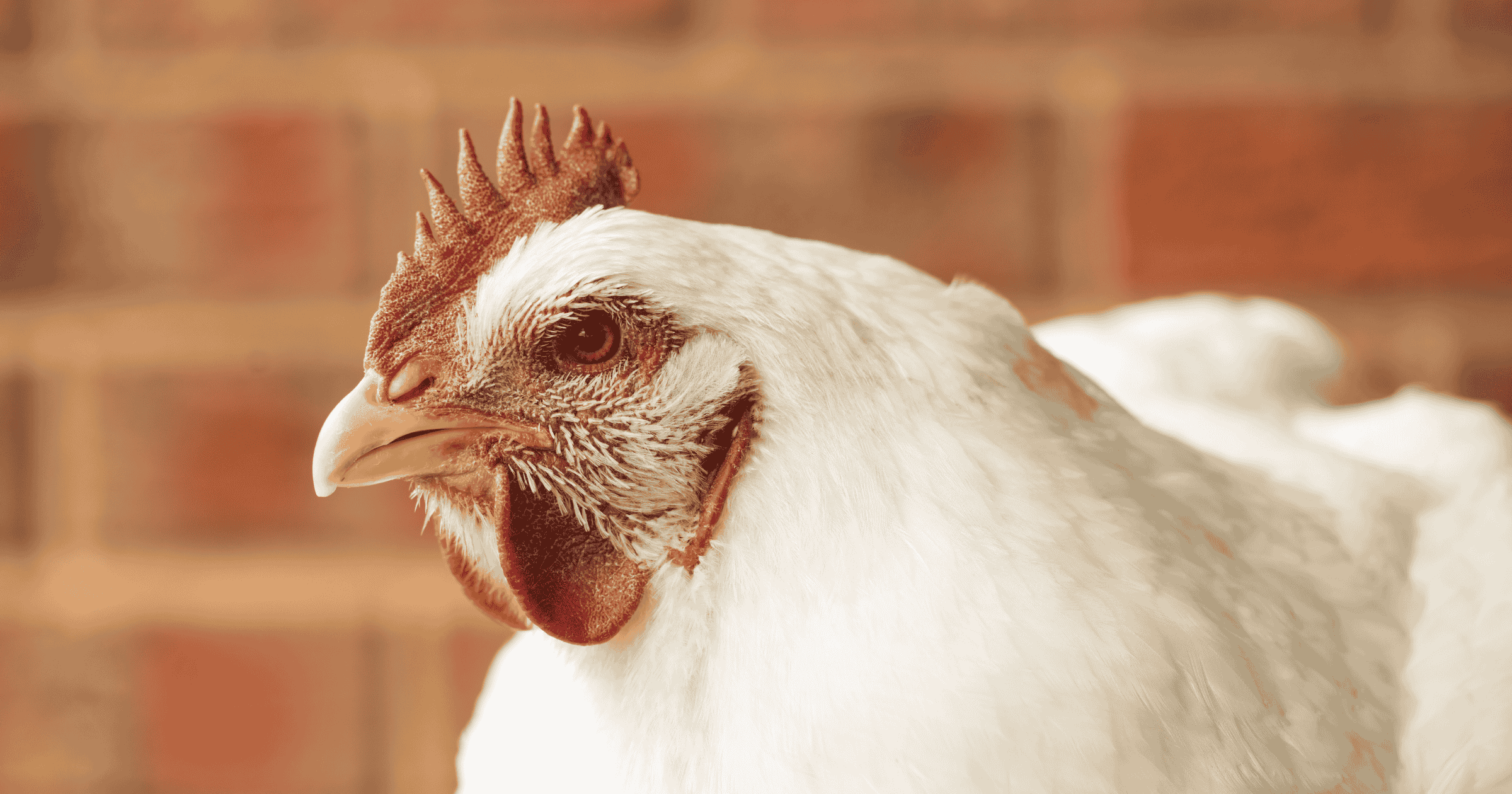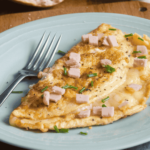
07 Apr Best Chicken Breeds for Egg Laying in Nigeria – Top Layers for Tropical Climates
Introduction: Choosing the Right Layers in Nigeria
If you’re venturing into poultry farming or planning to scale your existing egg production business in Nigeria, the type of chicken you raise plays a huge role in your success. The breed you select directly affects the number of eggs laid, feed efficiency, and adaptability to Nigeria’s tropical climate.
In this guide, we’ll explore the best chicken breeds for egg laying in Nigeria, both commercial hybrids and improved local varieties. Whether you’re operating a deep litter, battery cage, or free-range system, these breeds are your best bet for high performance and profitability.
1. ISA Brown
Overview:
ISA Browns are one of the most popular commercial layer breeds in Nigeria, and for good reason. They are early maturing, consistent egg layers, and well-suited for Nigeria’s hot weather.
Key Features:
- Starts laying from 18–20 weeks
- Can lay up to 300–320 eggs per year
- Friendly temperament and easy to manage
- Brown egg layers with good shell strength
- Highly feed-efficient
Ideal For:
Commercial farms using battery cages or deep litter systems.
2. Hy-Line Brown
Overview:
Another widely used breed in Nigeria, Hy-Line Brown chickens are known for high egg output and longevity. They have a strong immune system and adapt well to heat and stress.
Key Features:
- Lays up to 310–325 eggs annually
- Very low mortality rate
- Excellent feed-to-egg conversion
- Strong, brown-shelled eggs
Ideal For:
Farmers seeking productivity over long laying periods.
3. Lohmann Brown
Overview:
The Lohmann Brown is a strong layer breed ideal for Nigerian farmers looking for high yield and consistent performance. It’s heat-tolerant and thrives in commercial setups.
Key Features:
- Lays 290–310 eggs per year
- Strong shells and uniform egg sizes
- Low feed intake but high productivity
- Calm and easy to manage
Ideal For:
Commercial farms and mid-sized poultry operations.
4. Dominant Black D459
Overview:
This hybrid is becoming increasingly popular in Nigeria due to its dual-purpose nature — suitable for both meat and eggs. It’s robust and perfect for farmers in rural or semi-urban areas.
Key Features:
- Lays around 250–270 eggs yearly
- Tolerates harsh weather and rough handling
- Strong disease resistance
- Attractive black feathering
Ideal For:
Small-scale farmers or those running free-range or semi-intensive systems.
5. Kuroiler
Overview:
Originally developed in India, Kuroilers are fast gaining ground in Nigeria due to their versatility. They are great for rural poultry projects, offering a balance between meat and egg production.
Key Features:
- Lays around 180–200 eggs per year
- Good resistance to local diseases
- Hardy and thrives in free-range environments
- Also provides quality meat
Ideal For:
Backyard poultry and rural farmers looking for low-maintenance layers.
6. Noiler
Overview:
Noiler chickens are Nigeria’s homegrown alternative to imported breeds. Developed to compete with broilers in meat production, Noilers also lay a decent number of eggs.
Key Features:
- Lays about 150–180 eggs annually
- Can be raised with minimal inputs
- Great for low-cost and free-range setups
- Good broodiness and maternal instinct
Ideal For:
Smallholder farmers and communities aiming for self-sufficiency.
7. Bovan Nera Black
Overview:
Another top breed well-suited for Nigeria, Bovan Nera chickens are known for their egg-laying consistency and heat resistance. They’re perfect for both cage and deep litter systems.
Key Features:
- Lays 290–310 eggs per cycle
- Dark brown eggs with excellent shell strength
- Requires less feed than broiler hybrids
- High survivability in hot climates
Ideal For:
Commercial egg farms targeting high egg output and low mortality.
8. Local Nigerian Layers (Improved Indigenous Chickens)
Overview:
Improved local breeds such as Fulani, Yoruba, and other crossbreeds may not lay as much as hybrids, but they’re resilient, adaptive, and cheaper to raise.
Key Features:
- Lays 80–120 eggs per year
- Excellent disease resistance
- Forage on natural feed sources
- Can go broody and reproduce naturally
Ideal For:
Subsistence farmers or small-scale egg production without heavy infrastructure.
Tips for Choosing the Best Breed for Your Farm
When selecting your layers, consider the following:
🐣 Climate Adaptability
Choose breeds that tolerate Nigeria’s heat and humidity, especially in the southern states.
🍽️ Feed Efficiency
Some breeds produce more eggs with less feed — a critical factor in reducing production costs.
🏡 Farming System
Are you using a cage system, deep litter, or free-range? Some breeds perform better in specific setups.
📈 Production Goals
Do you want maximum egg output, or are you looking for a balance of egg and meat production?
💸 Cost & Availability
Imported breeds may be more expensive but offer better ROI. However, local hatcheries now supply hybrids at lower costs.
Where to Buy Quality Layer Chicks in Nigeria
You can source top-quality layer chicks from reputable hatcheries and farms such as:
- CHI Farms
- Zartech Hatchery
- Agrited
- Obasanjo Farms
- Olam Nigeria
Ensure your chicks are vaccinated and certified before purchase. Buy from suppliers with proven records to avoid low-performing birds or disease outbreaks.
Final Thoughts
Success in egg farming in Nigeria begins with choosing the right layer breed. Whether you’re running a small poultry setup or a commercial operation, the breeds listed above can help you maximize egg yield, reduce mortality, and increase your profits.
Make the best choice for your environment, budget, and long-term goals — and always remember, a good breed is the foundation of a successful egg business.
Recent posts
- How to Make Akara and Moi Moi with Farm Eggs | Delicious Nigerian Recipes
- How to Make Perfect Omelettes with Farm Eggs | Easy, Delicious Recipe
- Easy Egg Salad Recipes with Farm Fresh Eggs | Delicious & Nutritious
- Deviled Eggs with Local Nigerian Ingredients | Easy Recipe
- Delicious Nigerian Dishes Made with Eggs | Tasty Egg Recipes
Your cart
Your cart is currently empty!








No Comments